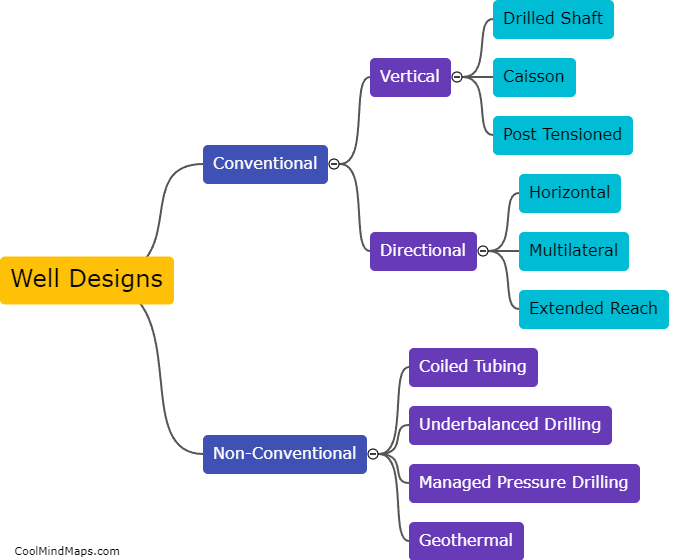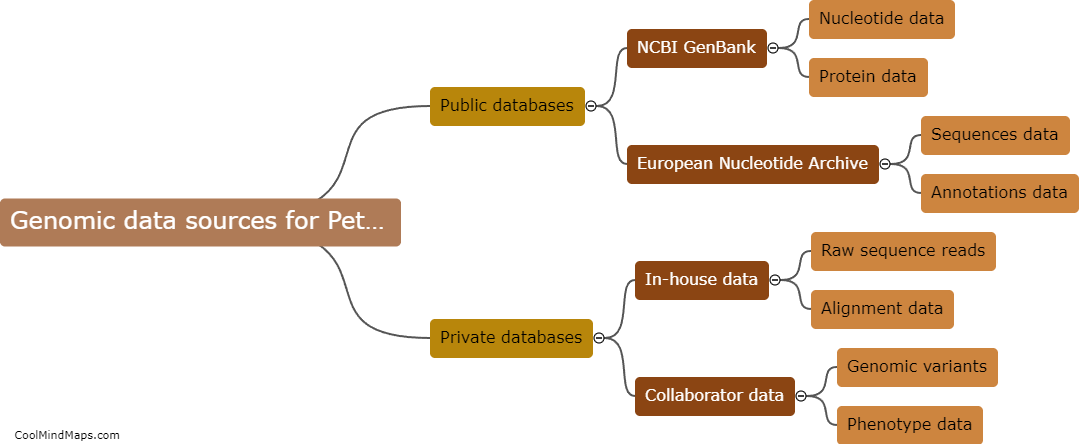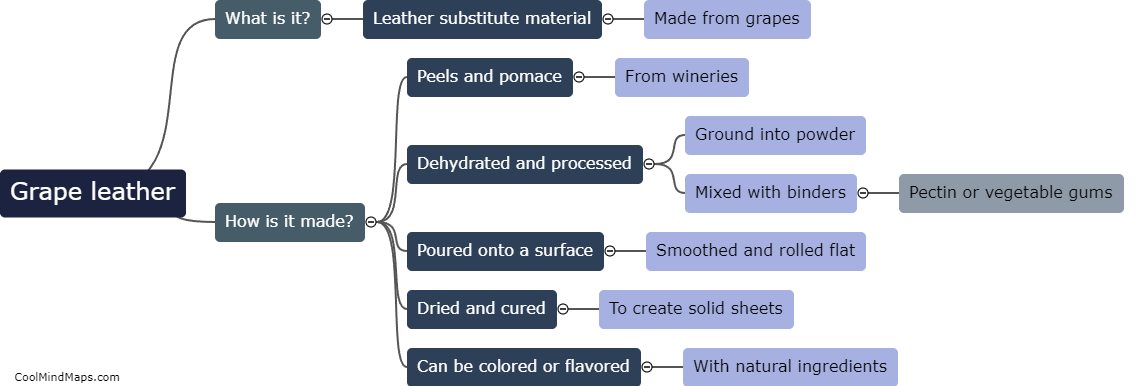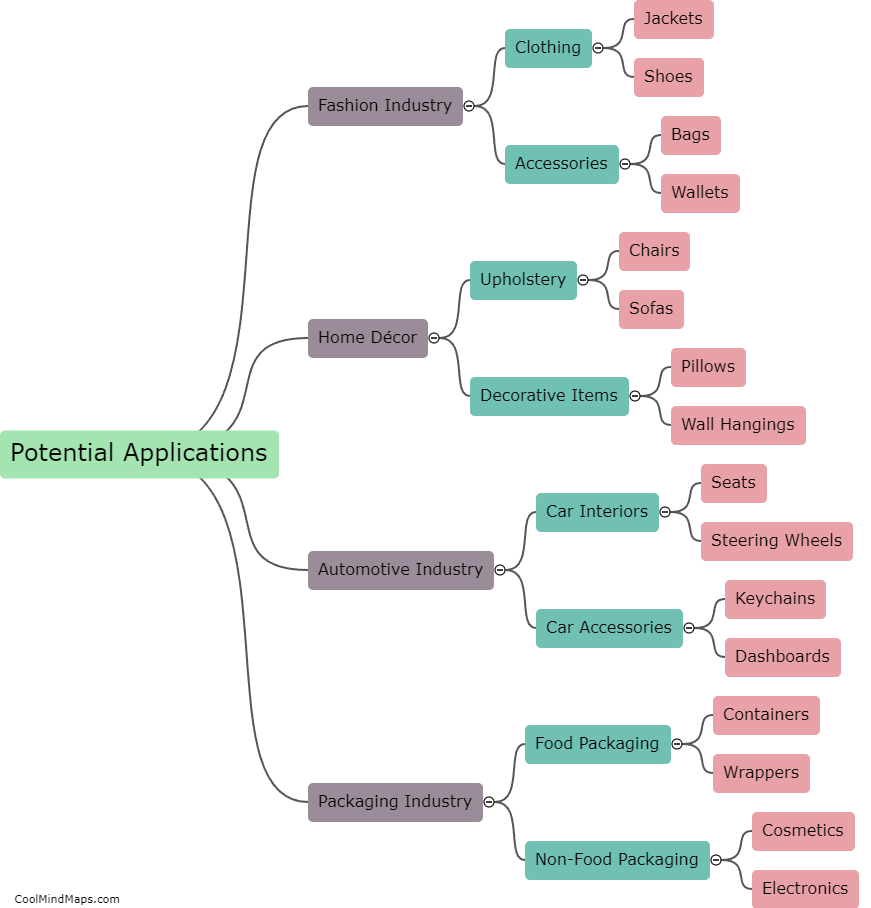What are the benefits and drawbacks of grape leather?
Grape leather, also known as grape skin leather, is an innovative and sustainable alternative to traditional animal leathers. One of the major benefits of grape leather is its environmentally friendly nature. It utilizes the otherwise discarded grape skins from the winemaking process, reducing waste and promoting a circular economy. Additionally, grape leather is biodegradable, making it a more sustainable choice compared to synthetic materials. It is also softer and more breathable than traditional leather, providing a comfortable and stylish option for consumers. However, there are some drawbacks to consider. Grape leather is less durable than animal leather and may require more frequent repair or replacement. It currently has a higher production cost and limited availability, making it a premium and niche product. Nonetheless, with further advancements and increased demand, grape leather has the potential to become a more accessible and popular choice in the future.
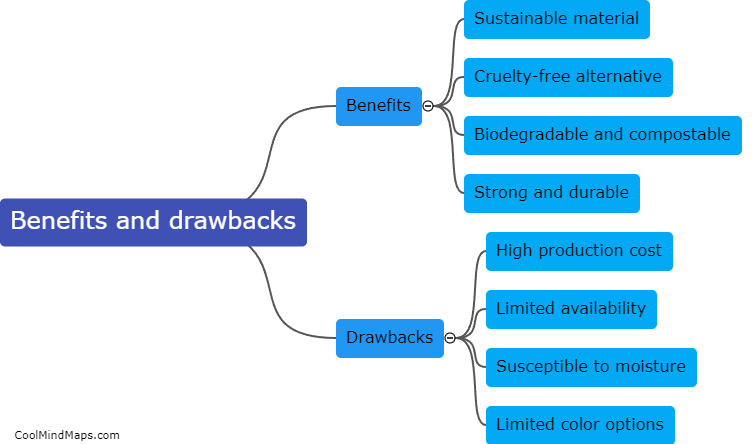
This mind map was published on 5 December 2023 and has been viewed 75 times.


